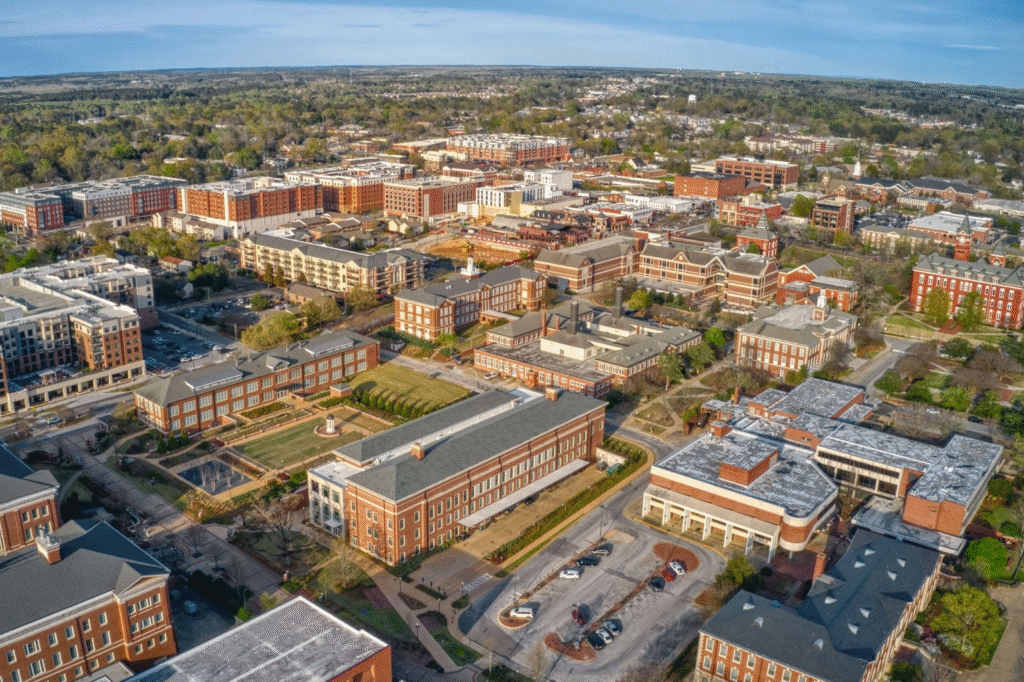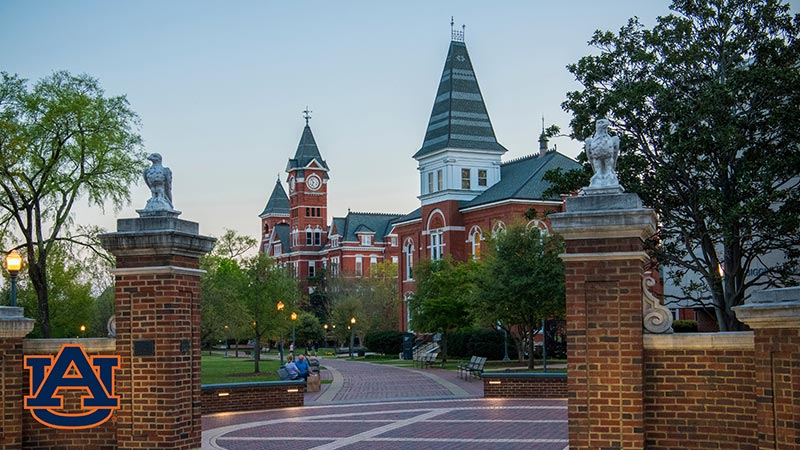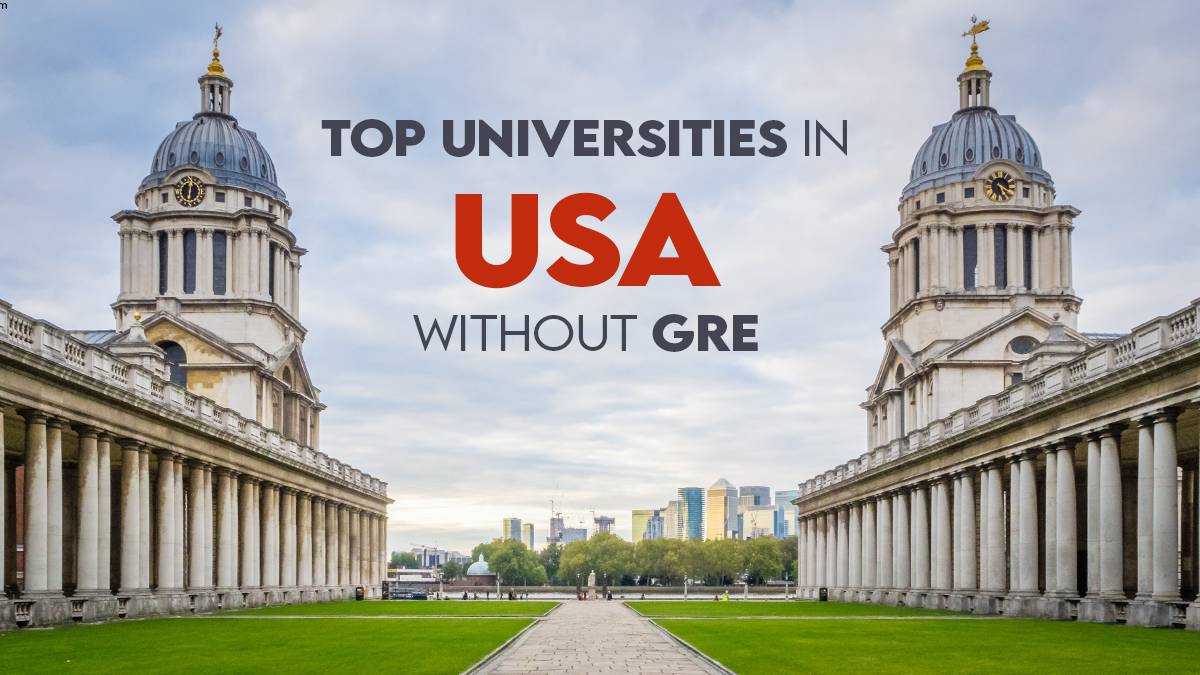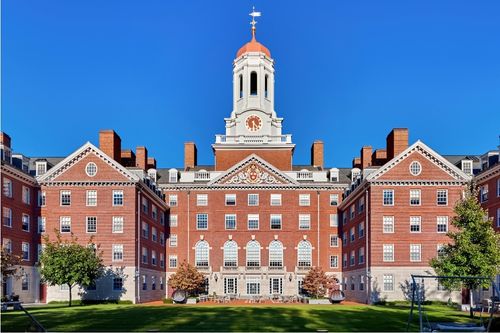University
Auburn academics, Auburn acceptance rate, Auburn admissions, Auburn Alabama, Auburn alumni network, Auburn business school, Auburn campus tour, Auburn career services, Auburn dorms, Auburn engineering, Auburn financial aid, Auburn football, Auburn graduate programs, Auburn majors, Auburn online programs, Auburn research, Auburn scholarships, Auburn student housing, Auburn student life, Auburn Tigers, Auburn tuition, Auburn university athletics, Auburn university campus, Auburn university facts, Auburn university guide, Auburn university history, Auburn university ranking, Auburn vs Alabama, blog posts, ideal for SEO, Instagram, Sure! Here are **30 optimized tags** for "Auburn University" (without hashtags), YouTube
Admin
Best University in United States : Auburn University
Key Takeaways
- Established Reputation: Founded in 1856, Auburn has a long-standing tradition of academic and community excellence.
- Wide Range of Programs: Over 140 undergraduate and 100+ graduate programs across 12 colleges.
- Strong Engineering and Business Schools: Highly ranked and well-regarded nationwide.
- Affordable Education: Competitive tuition with generous financial aid and scholarships.
- Active Campus Life: Over 500 student organizations, strong athletic culture, and inclusive community.
- Career Preparation: Exceptional career services and a strong alumni network.
- Commitment to Diversity: Inclusive programs and resources for all students.
Auburn University: A Comprehensive Guide to Academics, Campus Life, and Opportunities
Auburn University, located in Auburn, Alabama, stands as one of the premier public research universities in the United States. Established in 1856, this historic institution has grown significantly in both size and prestige, becoming a flagship of the Alabama state university system. With its commitment to academic excellence, vibrant campus life, and a rich tradition of community and service, Auburn University continues to attract students from across the nation and around the globe.

History and Legacy
Originally founded as the East Alabama Male College, Auburn University has undergone several transformations throughout its history. In 1872, it became the state’s first land-grant university under the Morrill Act, changing its name to the Agricultural and Mechanical College of Alabama. It was later renamed Alabama Polytechnic Institute in 1899 and finally adopted the name Auburn University in 1960, reflecting its broad academic scope.
Auburn has consistently embraced its motto, “For The Advancement of Science and Arts,” striving to offer a holistic education that bridges liberal arts and STEM disciplines.
Academics at Auburn University
Auburn University offers more than 140 undergraduate majors and over 100 graduate programs across 12 colleges and schools, including:
- College of Agriculture
- College of Architecture, Design and Construction
- Harbert College of Business
- College of Education
- Samuel Ginn College of Engineering
- School of Forestry and Wildlife Sciences
- Graduate School
- College of Human Sciences
- College of Liberal Arts
- School of Nursing
- Harrison School of Pharmacy
- College of Sciences and Mathematics
- College of Veterinary Medicine
The Samuel Ginn College of Engineering is particularly renowned, often ranked among the top engineering programs in the country. Auburn’s Harbert College of Business also garners national recognition for its undergraduate and MBA programs.
Admissions and Enrollment
Admission to Auburn University is competitive, particularly for certain programs like engineering and nursing. Prospective students are evaluated based on GPA, standardized test scores (SAT or ACT), high school coursework, extracurricular activities, and personal statements.
For Fall 2024, Auburn reported an acceptance rate of approximately 44%, making it a moderately selective institution. Students are encouraged to apply early and demonstrate a strong academic record and community involvement.
Tuition and Financial Aid
As of the 2024-2025 academic year, tuition costs for Auburn University are approximately:
- In-State Students: $12,500 per year
- Out-of-State Students: $33,000 per year
Auburn offers numerous scholarships based on academic merit, financial need, leadership, and specific talents. The university also supports students through federal aid, grants, work-study programs, and low-interest student loans.
Campus Life
Auburn’s campus spans over 1,800 acres and features a mix of historic and modern architecture, lush green spaces, and state-of-the-art facilities. Jordan-Hare Stadium, one of the largest college football stadiums in the U.S., stands as a symbol of Auburn pride.
Student life is thriving with over 500 student organizations, including academic clubs, honor societies, cultural groups, and Greek life. Students have numerous opportunities to engage in community service, intramural sports, leadership training, and the arts.
Housing and Dining
First-year students are encouraged to live on campus, where they can choose from traditional residence halls, suite-style accommodations, and living-learning communities. On-campus dining offers a variety of options, including vegetarian, vegan, and allergen-friendly meals.
Popular dining spots include The Edge at Central Dining, Chick-fil-A, Panda Express, and local coffee shops around the campus.
Athletics and School Spirit
Auburn University is a member of the Southeastern Conference (SEC) and has a strong athletic tradition. The Auburn Tigers compete in NCAA Division I sports, including football, basketball, baseball, swimming, gymnastics, and more.
Auburn football, in particular, holds a storied legacy with fierce rivalries, especially the Iron Bowl against the University of Alabama. The phrase “War Eagle,” used as a battle cry and greeting among students and alumni, embodies the university’s spirited culture.
Research and Innovation
As a top-tier research university, Auburn invests significantly in cutting-edge research across disciplines such as engineering, agriculture, veterinary science, and health sciences. The university supports faculty and student research through centers like the Auburn Research and Technology Foundation and the Office of Undergraduate Research.
Auburn is also active in partnerships with industries, government agencies, and nonprofits to tackle real-world challenges and drive innovation.

Career Services and Alumni Network
Auburn’s Career Center provides robust support for students seeking internships, co-ops, and full-time employment. Services include resume workshops, mock interviews, career fairs, and employer networking events.
The university boasts a strong alumni network of over 250,000 graduates who are active in mentoring, career support, and philanthropic efforts. Auburn alumni can be found in influential roles across business, government, academia, and non-profit sectors.
Diversity and Inclusion
Auburn University is committed to fostering a diverse, inclusive, and equitable campus community. Through the Office of Inclusion and Diversity, the university offers programs that support underrepresented students, promote cultural awareness, and ensure access to academic and leadership opportunities.
Organizations such as the Black Student Union, International Student Organization, and LGBTQ+ groups contribute to a vibrant and supportive environment for all students.

Community Engagement
Auburn takes pride in its outreach and community service efforts. The university encourages students to participate in local, national, and global service initiatives through programs like Alternative Spring Break, Auburn Serves, and global outreach missions.
Students and faculty collaborate with local schools, businesses, and nonprofits to improve education, healthcare, and economic development in the region.
Also Read : Is Higher Education Still the Key to Success?
Conclusion
Auburn University is much more than a place of higher learning—it’s a community built on tradition, innovation, and excellence. From its rigorous academic programs and celebrated athletic teams to its welcoming campus culture and commitment to service, Auburn provides a transformative experience for students.
Whether you’re interested in engineering, business, health sciences, or liberal arts, Auburn offers the resources and support needed to help you succeed both academically and professionally. Its commitment to diversity, community, and global engagement ensures that every student has a voice and a path to success.
(FAQs)
1. What is Auburn University known for?
Auburn is known for its strong engineering, business, veterinary medicine, and agricultural programs. It also has a reputation for school spirit, a tight-knit campus community, and competitive athletics.
2. How hard is it to get into Auburn University?
Auburn is moderately selective with an acceptance rate around 44%. Competitive programs may require higher GPA and test scores, so strong academic performance and extracurricular involvement are important.
3. Does Auburn University offer online degree programs?
Yes, Auburn offers a range of online programs, including undergraduate degrees, graduate programs, and professional certificates through Auburn Online.
4. What kind of scholarships does Auburn provide?
Auburn offers merit-based scholarships, need-based financial aid, departmental awards, and scholarships for leadership, diversity, and athletics. Students should apply early and complete the FAFSA for consideration.
5. What is campus life like at Auburn?
Campus life at Auburn is vibrant and inclusive, with over 500 clubs, strong Greek life, cultural events, and a deep sense of school pride. The university offers numerous opportunities for leadership and involvement.
6. Is Auburn University a safe campus?
Yes, Auburn is considered a safe campus. The Auburn University Department of Campus Safety and Security offers 24/7 services, emergency alert systems, and safety programs to protect students and staff.
7. How does Auburn support student career development?
The Career Center offers comprehensive services including resume assistance, job search strategies, interview prep, internship placement, and annual career fairs to help students transition successfully into the workforce.













